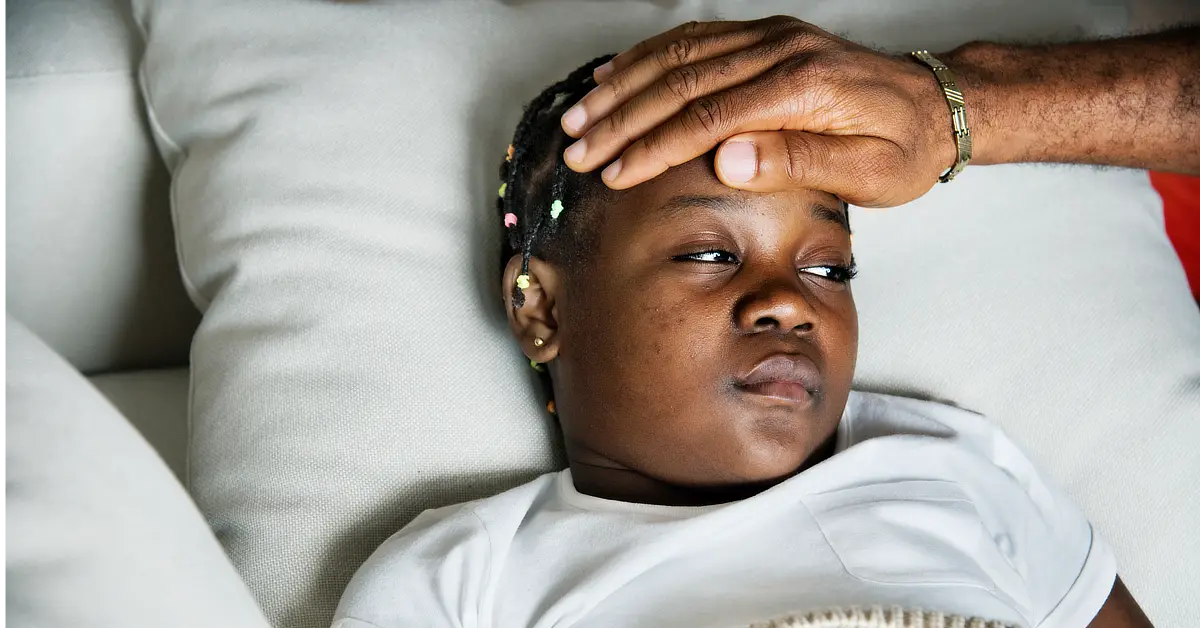Escherichia coli (E. coli) are bacteria that normally live in the intestines. While most are harmless, certain strains known as Shiga toxin-producing E. coli can cause intestinal infection and sickness.
Most healthy adults recover within a few days to a week but some people may develop a life-threatening form of kidney failure called haemolytic uremic syndrome.
Those most at risk of developing complications include young children, older adults, pregnant women and those with weakened immune systems.
Symptoms
Symptoms of E. coli intestinal infection generally start to appear within three to four days of infection, although the incubation period can be as long as 10 days. Once symptoms appear, they usually last for about five to 10 days.
Symptoms can include abdominal cramping, sudden severe watery diarrhoea that may change to bloody stools, flatulence, loss of appetite or nausea, vomiting, fatigue and fever.
If you have a severe E. coli infection, you may experience bloody urine, decreased urine output, pale skin, bruising and dehydration.
Where haemolytic uremic syndrome (HUS) develops, this usually begins about five to 10 days after the onset of diarrhoea. It is a condition where red blood cells are damaged It may lead to kidney failure, which can prove fatal, especially for children and the elderly.
Causes
People and animals normally have some E. coli in their intestines all the time. It is only some strains that cause infection. The bacteria that cause infection can enter your body in a number of ways.
Improper handling of food, that is handling food without thoroughly washing your hands or using utensils, cutting boards or serving dishes that are not clean, is one of the commonest causes of infection.
Consuming dairy products or food containing mayonnaise that have been left out too long may be another source of infection.
Other possible causes include consuming food that has not been stored at the right temperature or cooked at the right temperature or for the right period of time. This applies especially to meat and poultry. Consuming raw seafood products such as sushi can also lead to infection if the food is contaminated.
Drinking unpasteurised milk and consuming raw produce that has not been properly washed can also be a source of infection.
Improper food processing can cause an infection because during the slaughtering process, poultry and meat products can acquire bacteria from the animals’ intestines.
Contaminated water is another cause of E. coli intestinal infection. Poor sanitation can result in water becoming contaminated with bacteria from human or animal waste. You can become infected if you drink or swim in contaminated water.
You can also become infected as a result of an infected person failing to wash his or her hands after having a bowel movement. The bacteria are then spread when that person touches someone or something else such as food.
Schools, nursing homes and childcare facilities are particularly vulnerable to person-to-person spreading of the bacteria.
People who work with animals, especially cows, goats and sheep, are at an increased risk of infection. If you work with animals or in an environment with animals you should always wash your hands regularly and thoroughly.
Risk factors
Although anyone can experience an E. coli infection, some people are more at risk than others. Some risk factors include age. Older adults and young children are more likely to experience serious complications from E. coli.
People with a weakened immune system are more susceptible to E. coli infections. The time of the year is also a risk factor. E. coli infections are more likely to occur during the summer months for unknown reasons.
Medications used to decrease stomach acid levels can increase your risk of E. coli infection. Drinking unpasteurised milk or juices and eating undercooked meat can increase your risk of E.coli as well.
Treatment
In most cases, home care is all that is required to treat an E. coli infection. Drink plenty of water. Have lots of rest. Keep an eye out for more severe symptoms that may require a call or visit to your doctor.
If you have bloody diarrhoea or fever, check with your doctor before taking over-the-counter anti-diarrhoeal medications. You should always check with your paediatrician before giving medication to infants or children.
Most people show improvement within five to seven days after the onset of an infection and make a full recovery.
When to see seek medical assistance
Intestinal infections can lead to dehydration and serious complications such as kidney failure and sometimes death, if not treated. If dehydration is a concern, see your doctor, who may ask that you be hospitalised to have intravenous fluids.
You should seek professional medical assistance if you or your child have diarrhoea that is not getting better after four days or, if it is an infant, two days. Your doctor can confirm if you have an E. coli infection with a simple stool sample.
Also seek medical assistance if you have a fever with diarrhoea, experience abdominal pain that does not get better after a bowel movement, find blood or pus in your stool, have trouble keeping liquids down or experience continuous vomiting for more than 12 hours.
If you have a baby under three months old, contact your paediatrician as soon as any symptoms begin.
Other reasons you may need to urgently seek professional medical help from your doctor include having E. coli intestinal infection symptoms after you have recently travelled to a foreign country.
Prevention
One of the easiest things you can do to prevent an E. coli infection is to regularly wash your hands. You should wash your hands before handling, serving or eating food and especially after touching animals, working in animal environments or using the bathroom.
Practising good hygiene and following food safety guidelines can go a long way towards decreasing your risk of infection.
Observing safe food handling behaviour can decrease your chances of developing an intestinal infection due to E. coli. This includes washing fruits and vegetables thoroughly, avoiding cross‑contamination by using clean utensils, pans and serving platters, and keeping raw meats from other foods and away from other clean items.
Do not prepare food if you have diarrhoea. You should also make sure that all meat is cooked properly. Do not refrigerate leftovers immediately. Allow them time to cool down. Only drink milk that has been pasteurised.





